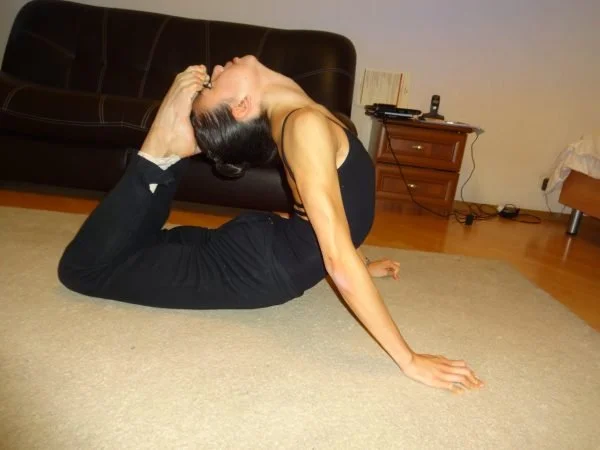Do You Feel Old? Understanding Aging and Taking Control of Your Future
When did you first feel old? For me, it happened at 27. I had always been super flexible. As a kid, I would twist myself into all sorts of shapes, lying down and putting my feet on my head to entertain my family.
But one morning, at 27, I woke up and felt something unfamiliar: stiffness. That was the first time I noticed I was getting older. Little did I know what the next forty years would bring.
Aging Begins Sooner Than You Think
We age from birth. For the first 18 years or so, we grow and develop, influenced by genetics and environment. Then, something shifts. Growth slows, and the body starts to change. The first signs might be subtle: skin losing its plumpness or minor aches that weren’t there before.
By 30, our muscle mass begins to decline unless we actively intervene. Bone density peaks around the same time and gradually decreases after 40. Yes, aging starts long before we turn 65.
The Science of Aging
As we age, our bodies accumulate damage. Life is stressful, and exposure to harmful factors impacts our DNA, cells, mitochondria, and telomeres. Without intervention, this damage leads to a loss of function. We may experience reduced physical capacity, cognitive decline, and an increased risk of chronic disease.
But not all aging is predetermined. While your genetic lottery plays a role, your lifestyle and choices can significantly influence how you age.
Your Choices Matter
Your outcomes often depend on how you live. Unlike your parents or grandparents, you can access information, research, and resources to make better choices. Prioritizing sleep, exercising regularly, managing stress, and maintaining a healthy diet can make a dramatic difference.
Social connections, mental stimulation, and even where you choose to live and work also influence your health and longevity. Every decision you make shapes your biological age—the true measure of how your body is holding up.
Aging at the Cellular Level
Our bodies undergo constant wear and tear. At the cellular level, damaged DNA, failing mitochondria, and reduced stem cell function lead to visible signs of aging, like grey hair, wrinkles, and thinner skin. But emerging research on epigenetics—the study of how environment and behavior affect gene expression—is showing us that aging isn’t entirely out of our hands.
Dr. Eric Verdin, President and CEO of the Buck Institute for Research on Aging, says, “Science is showing that while chronological aging is inevitable, biological aging is malleable. There is a part of it that you can fight, and we are getting closer and closer to winning that fight.”
Why Exercise is Non-Negotiable
One of the most effective ways to fight aging is exercise. It’s not just about aesthetics. Cardio, for instance, boosts mitochondrial health, keeping your cells energized and functioning well. Resistance training counteracts muscle and bone loss, while balance and flexibility exercises prevent falls and injuries.
I exercise every day for five reasons:
I enjoy it.
I’m counteracting muscle and bone loss.
I’m improving my cardiovascular health.
I’m maintaining my balance, flexibility, and range of motion.
I’m ensuring my 90-year-old self won’t be mad at me.
Proof Is in the Reunion
Attending a high school or college reunion offers a powerful visual reminder of how differently people age. Some faces remain familiar, while others are harder to recognize. It’s not just hair loss or grey strands. Lifestyle choices and health habits create stark differences. The men often seem to bear the brunt of poor decisions. Cocky me is recognized by most because I look like my younger self. For many, thank goodness for name tags!
You Have the Power
Aging isn’t something that happens to you. You have more control than you might think.
By staying active, eating well, nurturing social connections, and prioritizing your mental and physical health, you can live with strength and vitality well into your later years.
So, do you feel old? Maybe. But the good news is, you have the power to change how you experience aging—starting today.
If you would like actionable steps, book a Discovery Call today.
Resources:


